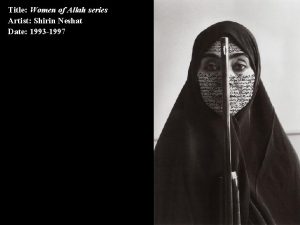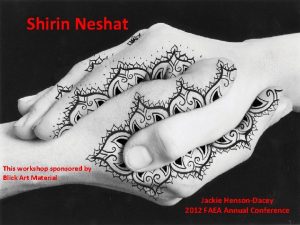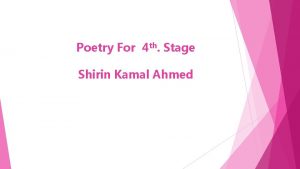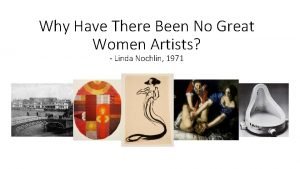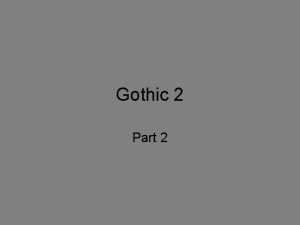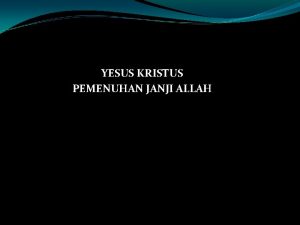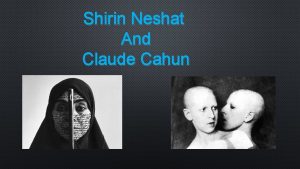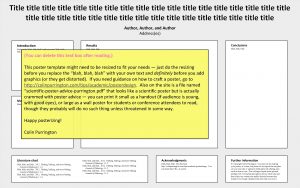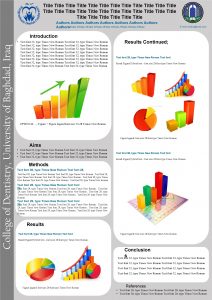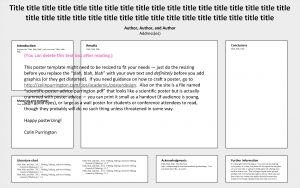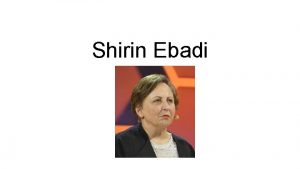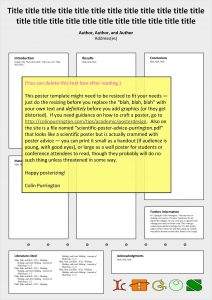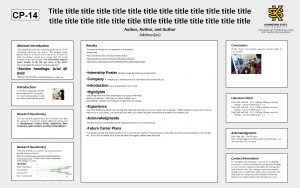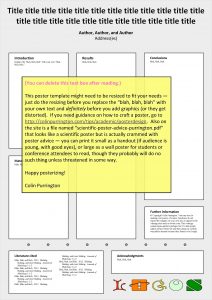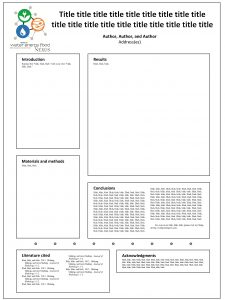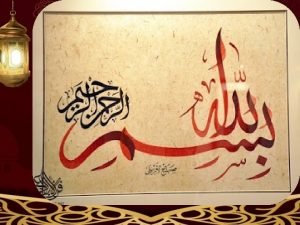Title Women of Allah series Artist Shirin Neshat














- Slides: 14

Title: Women of Allah series Artist: Shirin Neshat Date: 1993 -1997

TED Talk Shirin Neshat: Art in exile Filmed Dec 2010 10: 44 min http: //www. ted. com/talks/shirin_ neshat_art_in_exile

Shirin Neshat is an Iranian artist who left Iran in 1974 to study at UC Berkely, earning an MFA. She has remained in the U. S. living in New York City. She visited Iran in 1990. After her trip, she began the series of works “Women of Allah” where she becomes the performer, posing for her photographs.

In 1993 -97, I produced my first body of work, a series of stark black-and-white photographs entitled Women of Allah, conceptual narratives on the subject of female warriors during the Iranian Islamic Revolution of 1979. Shirin Neshat

On each photograph, I inscribed calligraphic Farsi text on the female body (eyes, face, hands, feet, and chest); the text is poetry by contemporary Iranian women poets who had written on the subject of martyrdom and the role of women in the Revolution. Shirin Neshat

As the artist, I took on the role of performer, posing for the photographs. These photographs became iconic portraits of willfully armed Muslim women. Yet every image, every women’s submissive gaze, suggests a far more complex and paradoxical reality behind the surface. Shirin Neshat, Facing History,


Title: Women of Allah series Artist: Shirin Neshat Date: 1993 -1997 Neshat … describes the veil as: “[. . . ] extremely controversial, which have been considered both a symbol of repression and a symbol of liberation – resistance against the Western influence. ” interview with Scott Mac. Donald

Details to think about: Medium of photography. Use of writing on female body. What is covered, what is revealed. Role of veil (Islamic vs. Western culture) The female gaze – direct or submissive. The gun (violence vs. defense of country).

Yes, of course. Iranians not only could read and understand the meaning of the poetry but are also very familiar with the history and place of the writers in relation to Iranian society – something that would be impossible to translate to Westerners. Neshat (when asked whether or not Iranians could understand those texts)


Resources: Political History of Iran: http: //www. iranchamber. com/history/islamic_revolution/islami c_revolution. php … and others Shirin Neshat: read this one carefully: http: //teachartwikispaces. com/Shirin+Neshat%2 C+Women+ of+Allah+Series http: //isea 2011. sabanciuniv. edu/paper/shirin-neshats-womenallah-photography-language-unspeakable


Humanitas Lecture, Shirin Neshat, Oxford University. (59 min) 13: 00 – 25: 00 discuss context of work, veil, violence, Revolution https: //www. youtube. com/watch? v=py. SIgzy. Dv. Kk
 Women of allah
Women of allah Shirin neshat
Shirin neshat Dari allah kembali ke allah
Dari allah kembali ke allah Houman neshat
Houman neshat Shirin kamal
Shirin kamal Shirin antaki
Shirin antaki Iqmol
Iqmol Why have there been no great women artist
Why have there been no great women artist Ustad allah bakhsh paintings names
Ustad allah bakhsh paintings names Title
Title Women of allah
Women of allah Allah memenuhi janjinya karena allah tidak ingin manusia
Allah memenuhi janjinya karena allah tidak ingin manusia Allah memiliki sifat al matin artinya allah maha
Allah memiliki sifat al matin artinya allah maha Title fly and title page
Title fly and title page Title title
Title title
